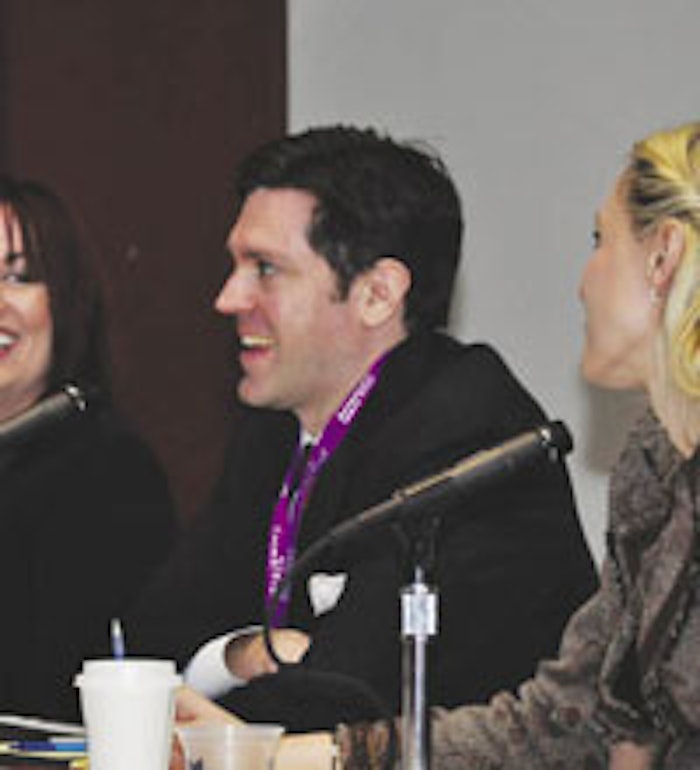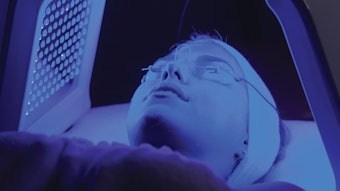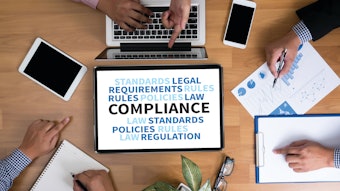
After graduating from esthetics school, skin care professionals have a responsibility to continue their education. Whether this is because it is required by the state in order to maintain their esthetics license, or because, as professionals, they must stay up to date with the treatments, trends, infection control standards, rules and regulations of the skin care industry. If you don’t do this, your clients will notice and your business will suffer. Continuing education programs advertise to existing and potential clients that you are constantly updating your skills. No profession stands still; scientific and technological advancements occur in the skin care industry every year that require new skill sets to be learned. Also, for optimum salary potential, many employers are beginning to mandate continuing education certificates as a requirement for advancement.
After you’ve made the professional decision to stay on the cutting-edge of advances in the industry, it is important to ask the right questions of those organizations providing continuing education programs. Following are some typical questions that may come up in the process of choosing what continuing education program is right for you.
Q. What are the objectives of the program?
A. Before spending money on any education, request to review a written curriculum and/or a class overview with stated objectives, especially if the course you are attending is for state-mandated continuing education hours. For longer courses—those that are more than four hours—a curriculum should contain the time allotted for each segment, especially if the program is divided into theoretical and practical.
Q: Is there a certificate of completion to be awarded at the end of the program? If yes, is there a test or a method in place to ensure minimal competency?
A. Although tests are not a mandatory requirement for most state-directed continuing education programs, it is always a good measure of attendee comprehension. If a test is to be included in the educational activity, usually a multiple-choice test design is used. A passing score of 75% or higher is often a benchmark; however, check with your provider or state for their required passing standard.
Q. Is the content contained in the educational activity relevant to the skin care professional?
A. Some educational programs may involve a wide body of generally recognized knowledge and skills. Due to state regulatory board scope of practice regulations, it is recognized that not all educational activities will be permitted in all states. It is further recognized that due to specialties and subspecialties found in the skin care industry, all audiences may be not be suitable for the educational activity. An example of this would be a laser light therapy continuing education activity. Because most states have no statutes, or rules and regulations on this issue, a continuing education program may not meet state regulatory guidelines.
Q. Is the continuing education program faculty required to complete a disclosure form? If yes, where can it be accessed?
A. A faculty disclosure form is required by most continuing education unit-granting organizations and state regulatory boards. All participating faculty must disclose to attendees any real or apparent conflicts of interest that have bearing on the educational activity matter, or pertain to commercial relationships, such as support for the activity or materials presented. These include the following.
- Commercial support. This includes financial contributions given by commercial interests that have been used to pay for all—or part of—the continuing education activity.
- Conflicts of interest. This occurs when the faculty member has commercial interest in the content of the continuing education program.
- Financial interest. This occurs when the faculty member benefits from teaching the class by receiving a salary, royalty, intellectual property rights, consulting fee, honoraria or ownership.
Q. Does the continuing education program have liability coverage for the hands-on portion of the program?
A. The program would likely be liable for any special, consequential or exemplary damages resulting, in whole or in part, from the attendee’s use of, or reliance upon, educational material contained in a continuing education program activity. It’s important to know for a practical design program if additional liability insurance would be required by the participant.
Q. Does the provider offer an evaluation form, or make additional comments available from past programs?
A. Evaluation forms are important for the approved provider to review in order to ensure delivery of the stated objectives.
Q. Are continuing education units recognized in my state?
A. If your state regulatory board requires continuing education units for re-licensure but pre-approves them, you will need to maintain documentation of the individual credits you have earned. This is usually in the form of continuing education certificates or transcripts offered by the class provider.
Q. How can I find out if my state licensure requires continuing education units?
A. Your state regulatory board will be able to provide you with the most up-to-date requirements for your licensure renewal. Log on to www.SkinInc.com/education/statelicensing to access full contact information for the state regulatory boards in the United States.
Fewer than 13 states have continuing education requirements for estheticians; however, more than 25 states have continuing education requirements for teachers. Although some states have mandated what continuing education courses are needed, national accreditation is becoming a reality for both the skin care and massage therapy professions from organizations such as the Commission on Accreditation (COA) and the National Certification Board for Therapeutic Massage & Bodywork (NCBTMB), allowing each state to accept a nationally approved program.
Continuing education is a necessity for skin care professionals, whether it is to meet a state requirement, recertification requirements or to stay up-to-date on the changing landscape of the skin care profession. Bookmark your state board’s website, join its e-mail LISTSERV, if available, and stay abreast of the issues your state is facing in order to remain informed. Attend your state board meetings and educate the members about the importance of requiring continuing education for re-licensure. Find out if your state accepts national accreditation, and learn more about your options. Take action; don’t be left behind and advocate to keep the skin care industry alive and well in your state.
Susanne S. Warfield is president/CEO of Paramedical Consultants, Inc., a consulting, publishing and association management firm. She is a New York state-licensed esthetician, is NCEA-certified, holds both CIDESCO and ITEC diplomas, and worked for more than 13 years in a dermatology practice. Warfield served on the American Academy of Dermatology’s (AAD) Allied Health Committee, and currently serves as the executive director of the Society of Dermatology SkinCare Specialists (SDSS) and the National Coalition of Estheticians, Manufacturers/Distributors & Associations (NCEA). She can be contacted at 201-670-4100 or [email protected].









